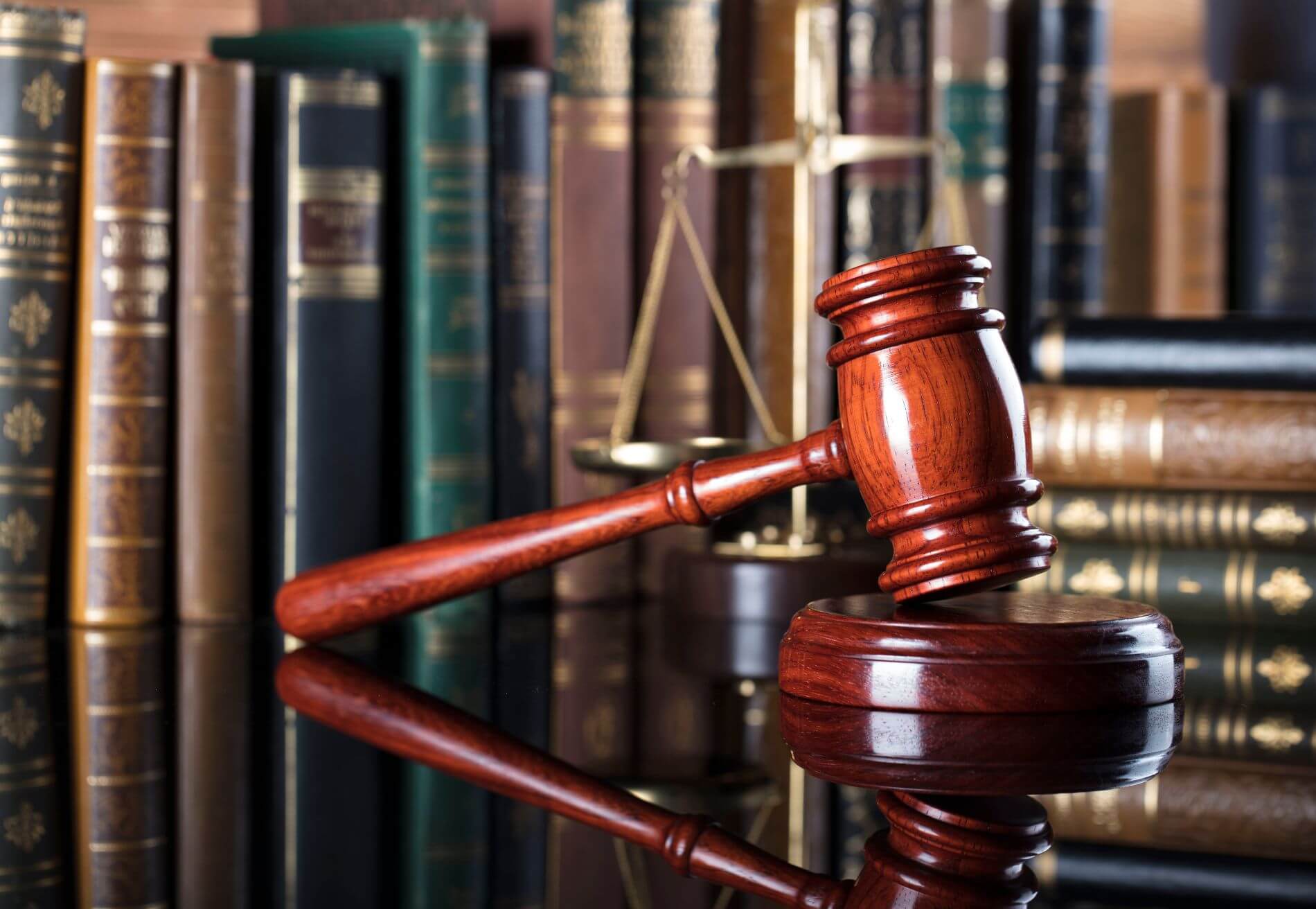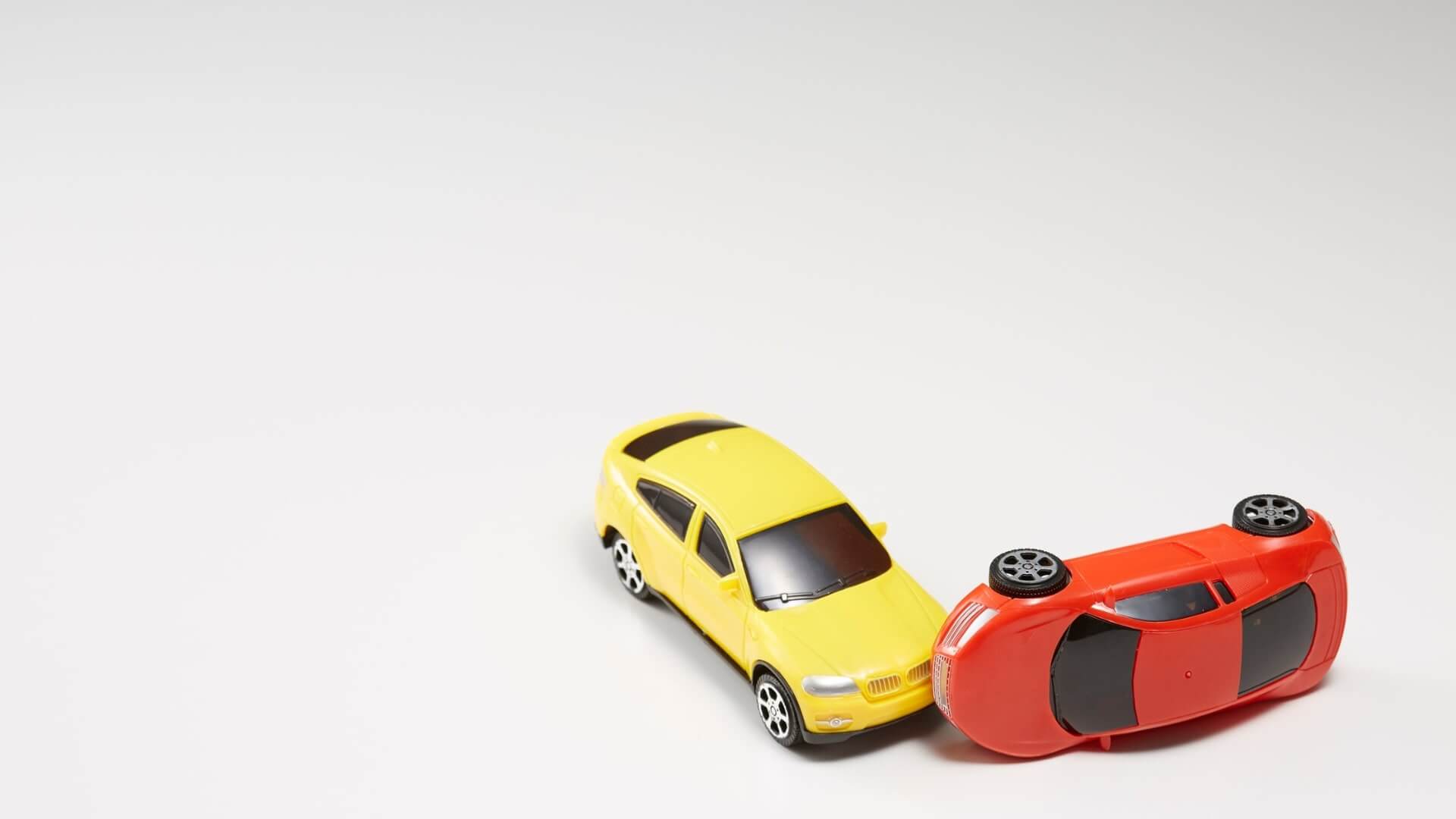YOUR TRUSTED WRONGFUL DEATH LAWYERS IN SHERMAN OAKS
WHAT’S WRONGFUL DEATH AND WHO CAN FILE A CLAIM?
Do you have case?
Wrongful death occurs when a person's life is cut short due to the negligence or recklessness of another individual or entity. It is a civil action distinct from criminal prosecution, focusing on compensating the deceased's family rather than punishing the wrongdoer. Common scenarios include car accidents, medical malpractice, workplace incidents, and defective products.
WHO CAN FILE A WRONGFUL DEATH CLAIM?
In California, the right to file a wrongful death claim is typically reserved for close family members. These include the surviving spouse or domestic partner, children, and, if none exist, other relatives such as parents or siblings. If the deceased had no immediate family, the claim might be filed by those who would inherit the deceased's estate under California's intestate succession laws.
COMMON CAUSES OF WRONGFUL DEATH IN LOS ANGELES
Wrongful deaths in Los Angeles often arise from various causes, including:
- Car and motorcycle accidents
- Medical malpractice
- Workplace accidents
- Defective products
- Criminal activities
- Slip and fall incidents
- Pedestrian accidents
FACTORS THAT DETERMINE THE AMOUNT OF WRONGFUL DEATH COMPENSATION
Several factors influence the amount of compensation in wrongful death cases:
- The age and health of the deceased
- The deceased's earning potential and financial contributions to the family
- The circumstances and severity of the incident leading to death
- The degree of negligence or intent demonstrated by the responsible party
- The impact on surviving family members, including emotional and financial losses
- The availability of insurance coverage or assets from the defendant
- These sections provide a comprehensive overview of wrongful death claims and are designed to be easily understandable for anyone seeking information on the topic.
WHAT’S THE STATUTE OF LIMITATIONS FOR WRONGFUL DEATH?
In California, the statute of limitations for filing a wrongful death claim is generally two years from the date of the deceased person's death. However, exceptions may apply, such as cases involving government entities, which may have a shorter filing period.
CAN A FAMILY MEMBER SUE FOR WRONGFUL DEATH?
Yes, family members can sue for wrongful death. In California, this includes the deceased's spouse, domestic partner, children, and other relatives as defined by state laws. The lawsuit aims to compensate the family for their financial and emotional losses due to their loved one's untimely death.
HOW LONG DOES IT TAKE TO SETTLE WRONGFUL DEATH CASES?
The time required to settle wrongful death cases varies widely. Some cases may settle within a few months, especially if liability is clear and undisputed. However, more complex cases, especially those involving disputed liability or substantial damages, can take several years to resolve, particularly if they go to trial.
WHAT CAN BE RECOVERED AFTER WRONGFUL DEATH?
Survivors may recover several types of damages, including:
Economic damages
Economic damages in wrongful death cases are designed to compensate the surviving family members for the financial losses they incur as a direct result of their loved one's death. These damages aim to cover quantifiable monetary losses that the deceased would have provided if they had lived. The primary categories of economic damages include:
Medical Expenses
Medical expenses encompass all the costs associated with the medical care the deceased received due to the incident that ultimately led to their death. These expenses can include:
- Emergency Room Visits: Costs incurred from initial emergency treatments immediately following the accident or injury.
- Hospital Stays: Charges for inpatient care, including room fees, nursing care, medications, and any surgical procedures performed.
- Surgeries and Procedures: Costs for any operations or medical procedures necessary to try to save the deceased's life.
- Medications: The cost of prescription drugs and other medications administered to treat the deceased's injuries.
- Medical Equipment and Supplies: Expenses for medical equipment and supplies used during the deceased's treatment, such as ventilators, monitoring devices, and other necessary tools.
Funeral and Burial Costs
Funeral and burial costs cover the expenses related to laying the deceased to rest. These costs can be significant and may include:
- Funeral Service: Fees for organizing and conducting a funeral or memorial service, including venue rental, officiant fees, and other related expenses.
- Burial or Cremation: Costs associated with burial plots, caskets, headstones, or cremation services.
- Transportation: Expenses for transporting the deceased's body, which may include transferring the body to the funeral home and then to the burial site or crematorium.
- Other Related Costs: Additional expenses such as flowers, obituary notices, and funeral programs.
Lost Income
Funeral and burial costs cover the expenses related to laying the deceased to rest. These costs can be significant and may include:
- Funeral Service: Fees for organizing and conducting a funeral or memorial service, including venue rental, officiant fees, and other related expenses.
- Burial or Cremation: Costs associated with burial plots, caskets, headstones, or cremation services.
- Transportation: Expenses for transporting the deceased's body, which may include transferring the body to the funeral home and then to the burial site or crematorium.
- Other Related Costs: Additional expenses such as flowers, obituary notices, and funeral programs.
Lost Income
Lost income refers to the earnings the deceased would have provided to their family had they lived. This includes:
- Funeral Service: Wages, salaries, or other forms of income the deceased lost from the time of the injury until their death.
- Future Income: Projected earnings the deceased would have likely earned had they lived, calculated based on their age, occupation, skills, and life expectancy.
Loss of Financial Support
Loss of financial support covers the ongoing financial contributions the deceased would have made to their dependents, including:
- Dependents' Support: Regular monetary support that the deceased provided to their spouse, children, or other dependents for necessities such as housing, food, education, and healthcare.
- Benefits and Pensions: Loss of benefits and pensions the deceased's dependents would have received, such as health insurance, retirement benefits, and other employment-related perks.
- Household Services: The value of household services the deceased provided, such as childcare, home maintenance, and other unpaid services that now require hiring outside help.
Calculating Economic Damages
Calculating economic damages in wrongful death cases involves a thorough analysis of the deceased's financial contributions and the family's needs. This often requires:
- Expert Testimony: Economists or financial experts may be consulted to provide estimates on future earnings, inflation rates, and the value of lost benefits.
- Documentation: Providing pay stubs, tax returns, employment records, and other financial documents to support claims for lost income and financial support.
- Personal Testimony: Family members may provide statements regarding the deceased's role in the household and the impact of their loss on the family's financial stability.
Non-economic damages
Non-economic damages in wrongful death cases compensate the surviving family members for the intangible, non-monetary losses they suffer due to the death of their loved one. These damages address the emotional and psychological impacts that are not easily quantifiable.
In 2021 only California became the 46th state that now allows successors-in-interest to recover for a decedent’s pain, suffering, or disfigurement before their death. Pain and suffering refer to the physical and emotional anguish the deceased experienced from the time of injury until their death. Although challenging to measure, these damages are critical in recognizing the deceased's final moments of discomfort and agony.
Loss of companionship, also known as loss of consortium, compensates the surviving spouse or partner for the loss of the deceased's companionship, affection, and emotional support. This category acknowledges the profound void left by the deceased, who provided love, care, and companionship.
Emotional distress covers the psychological impact and mental anguish experienced by the surviving family members due to their loved one's death. This includes grief and sorrow, depression and anxiety, loss of parental guidance, and psychological trauma.
Calculating non-economic damages is complex and subjective, often relying on personal testimony, expert assessments, and jury discretion.
Punitive damages
In cases of egregious wrongdoing, courts may award punitive damages to punish the responsible party and deter similar behavior.
WHAT OUR CLIENTS SAY
“I cannot recommend Shiganian Law Corp highly enough! From start to finish, their team provided exceptional legal guidance with professionalism, dedication, and expertise. They truly care about their clients and go above and beyond to ensure the best possible outcome. Communication was seamless, and they always kept me informed every step of the way. If you're looking for a knowledgeable and trustworthy law firm, look no further.
“My experience with Ms Shiganian is that she was knowledgeable, she followed through, and very kind and compassionate. My case was transferred to her after working with another law group that did not follow through so my case dragged. As soon as she was on my case, things moved in favor. Thank you!”
WHY CHOOSE SHIGANIAN LAW
With Shiganian Law, you're choosing a partner with a history of substantial legal victories and a deep commitment to personal attention. Our attorneys, adept in handling a vast array of personal injury cases, offer unique insights that are critical to navigate the legal landscape. Our expertise is in understanding the story behind every case—crafting strategies that resonate with juries and judges alike.
-
 Commitment to All Clients
Commitment to All ClientsAt Shiganian Law, we understand that accidents rarely occur without cause. When someone else's negligence disrupts your life, we are here to help you secure the compensation you deserve. This may include coverage for medical expenses, compensation for lost wages, car repairs, and even punitive damages to support your recovery and improve your quality of life during this challenging period. It's crucial not to overlook potential compensation—particularly when you are most vulnerable. To determine if you have a valid claim, we invite you to take advantage of a risk-free consultation with one of our legal experts. At Shiganian Law, we are just a phone call away, ready to support you in these critical moments.
-
 You Don't Pay Until We Win
You Don't Pay Until We WinWe prioritize your peace of mind at Shiganian Law. Understanding the financial burdens that legal actions can impose, we embrace a client-first philosophy—you won't pay any fees until we win your case. This contingency basis ensures that our goals are directly aligned with yours, focusing solely on achieving a successful outcome. Trust us to be your staunch advocates, tirelessly fighting for what you rightfully deserve.
MEET ISABEL SHIGANIAN
Over a Decade in Personal Injury Law

- 3+ Years in the United States
- 7+ Years in Europe
I’ve dedicated my career to supporting clients in personal injury and domestic violence cases. Recognized for my strategic approach and client-centered service, I have helped secure millions for those wronged.
I began my career as an associate attorney at prestigious Los Angeles firms, honing my skills across a range of legal fields. This journey inspired me to establish Shiganian Law, where I now combine my expertise with a passion for client advocacy.

How are wrongful death settlements paid out?
Types of Wrongful Death Claims
How to find a wrongful death attorney?
What is wrongful death?

How Personal Injury Cases Protect the Community
When most people think of personal injury cases, they picture an individual seeking compensation for medical bills, lost wages, or pain and suffering. read more

What Happens If You're Partially At Fault in an Accident
After an accident, one of the first worries people often have is: “What if I was partly to blame? Does that mean I can’t recover anything?” read more

Think Before You Post: How Social Media Can Hurt Your Accident Claim
Sharing accident updates on social media may feel harmless—but insurance companies and defense attorneys can use your posts against you. Learn why posting after an accident is risky and how to protect your personal injury claim. read more